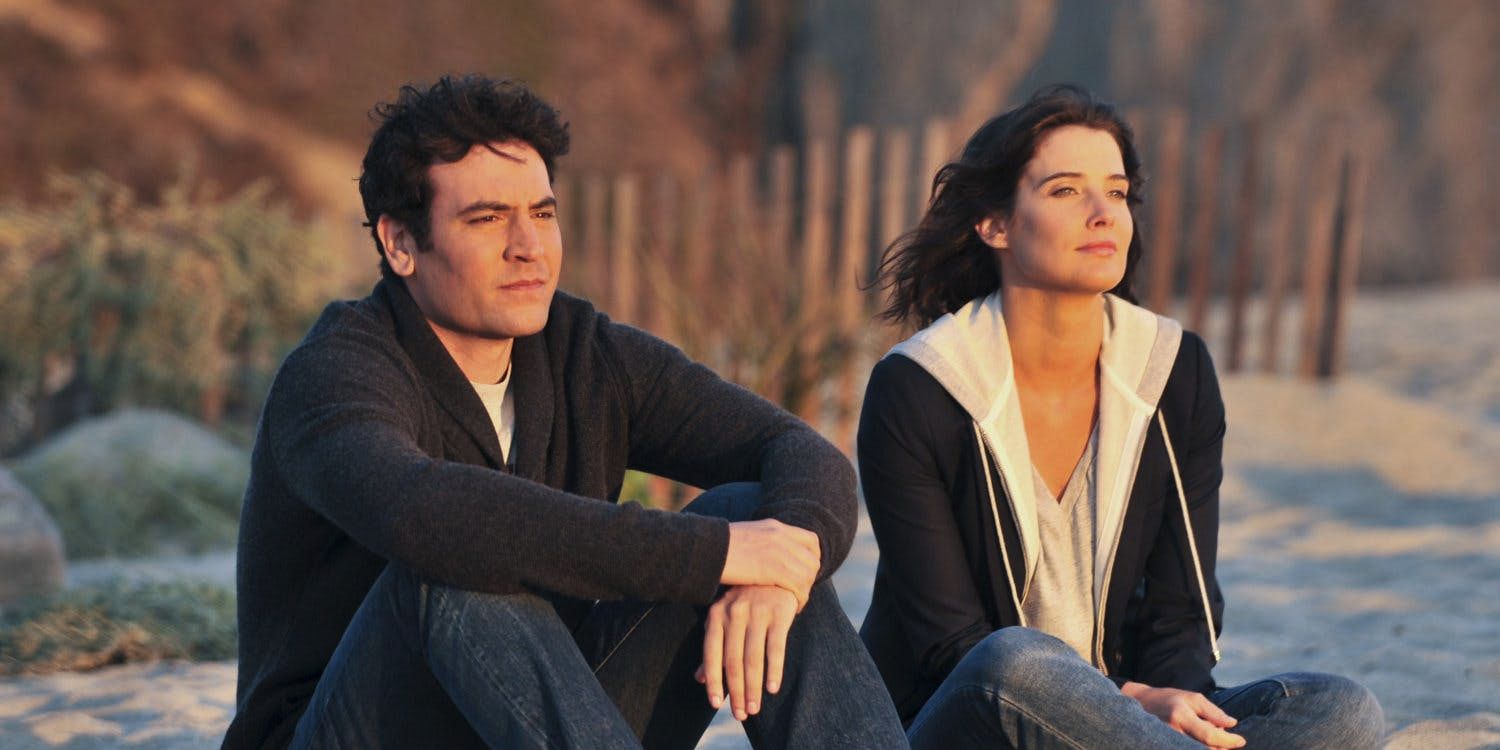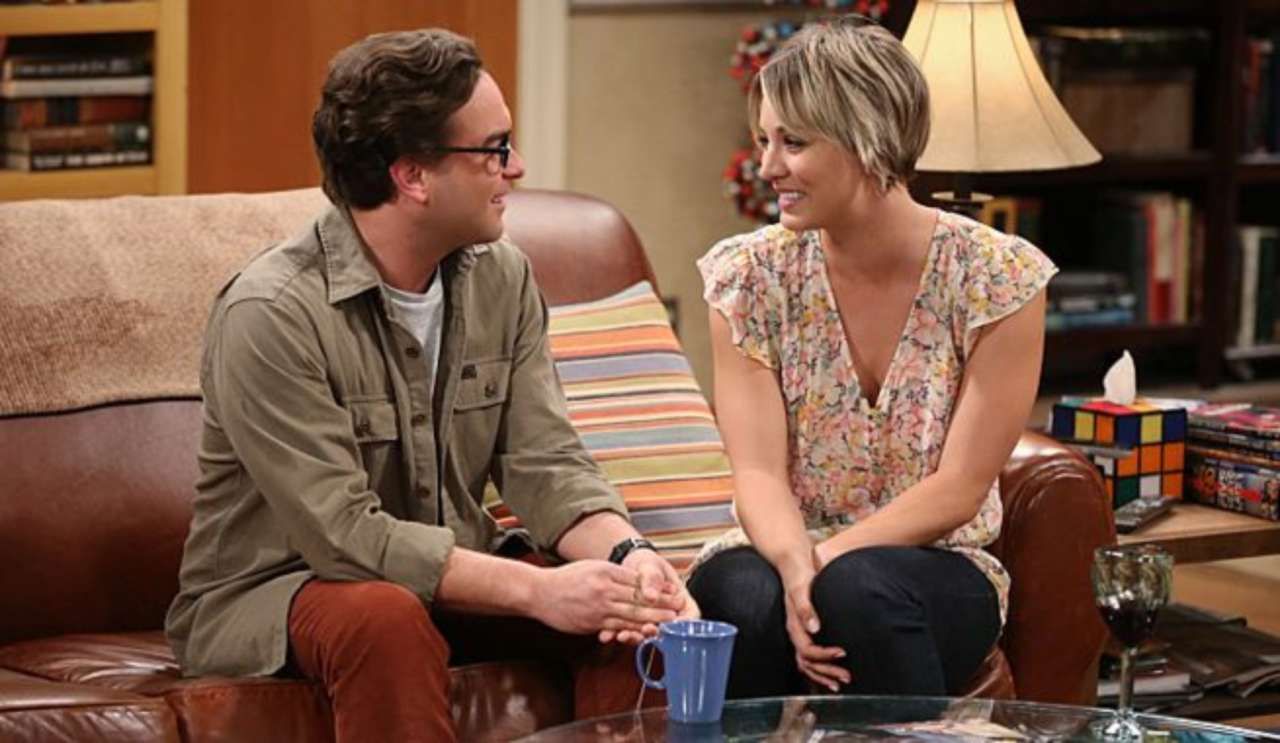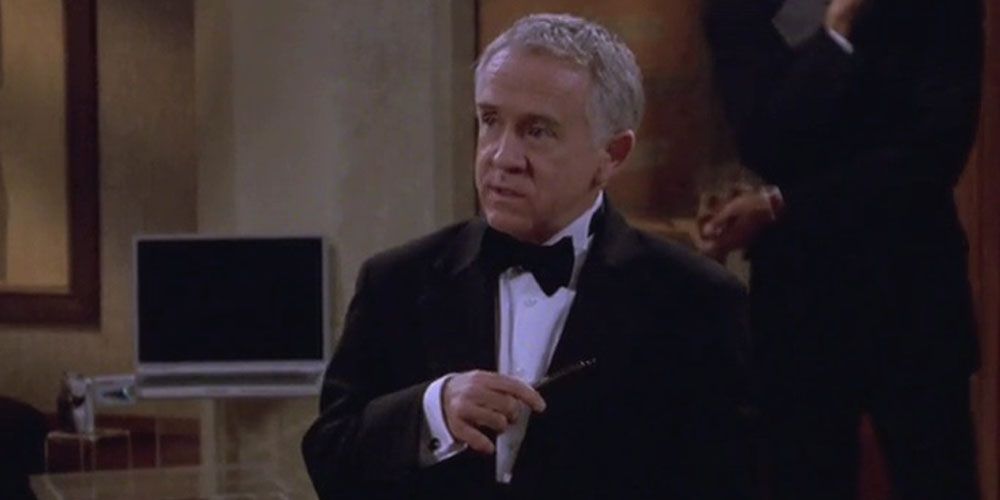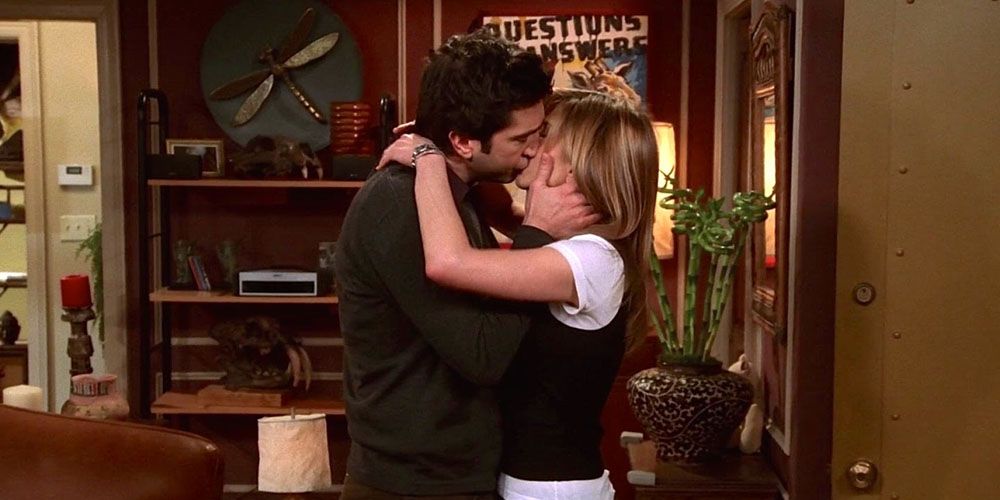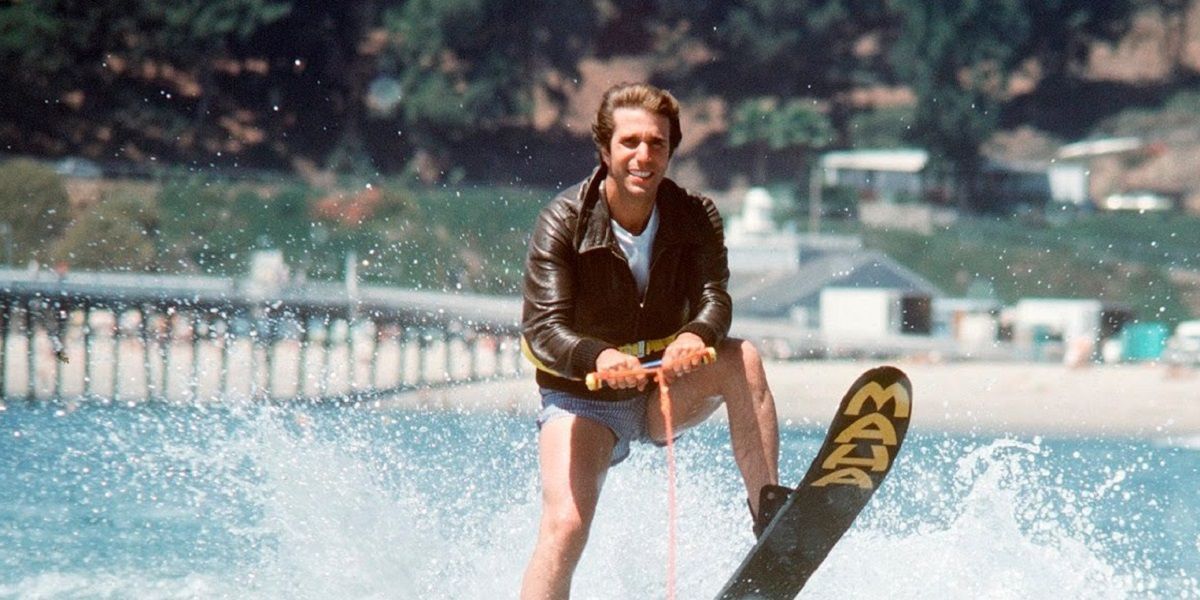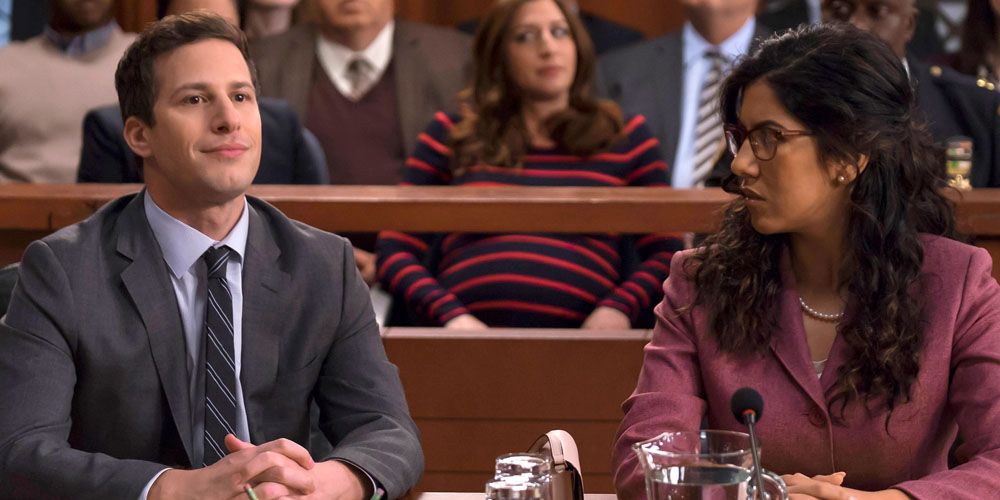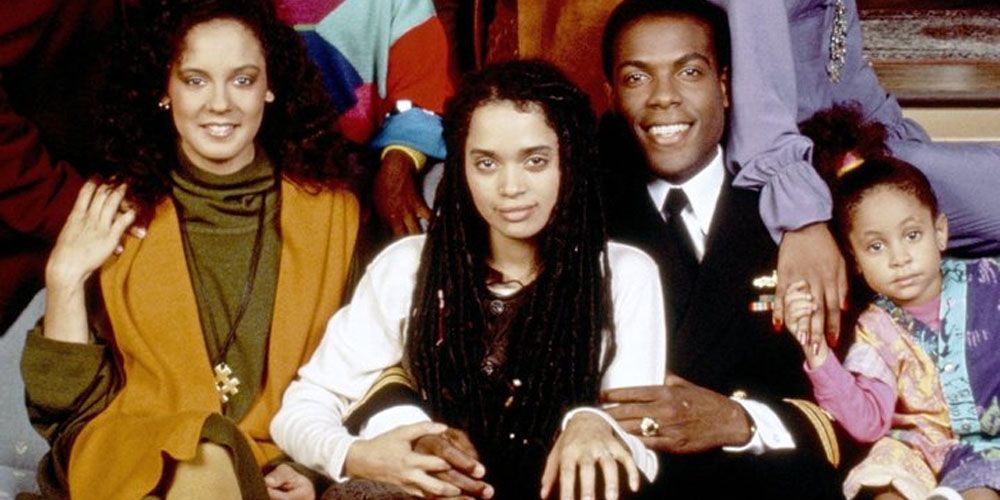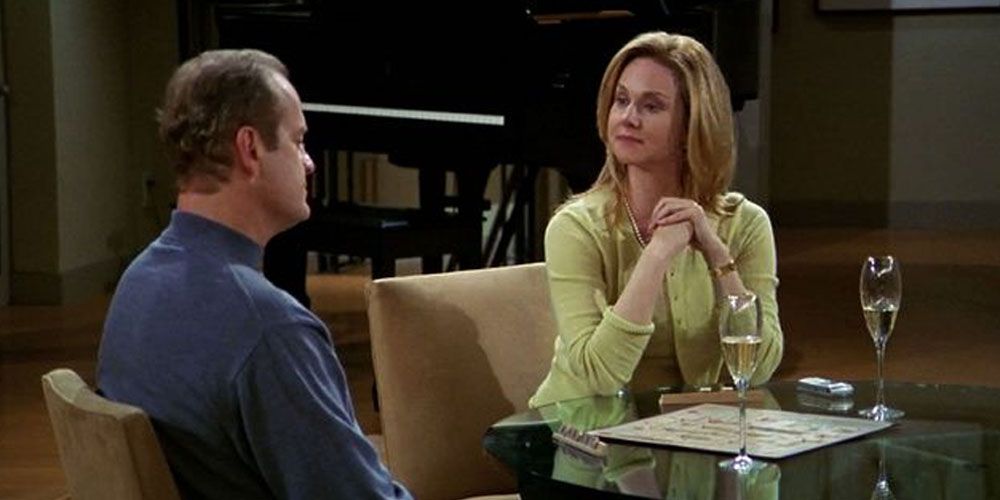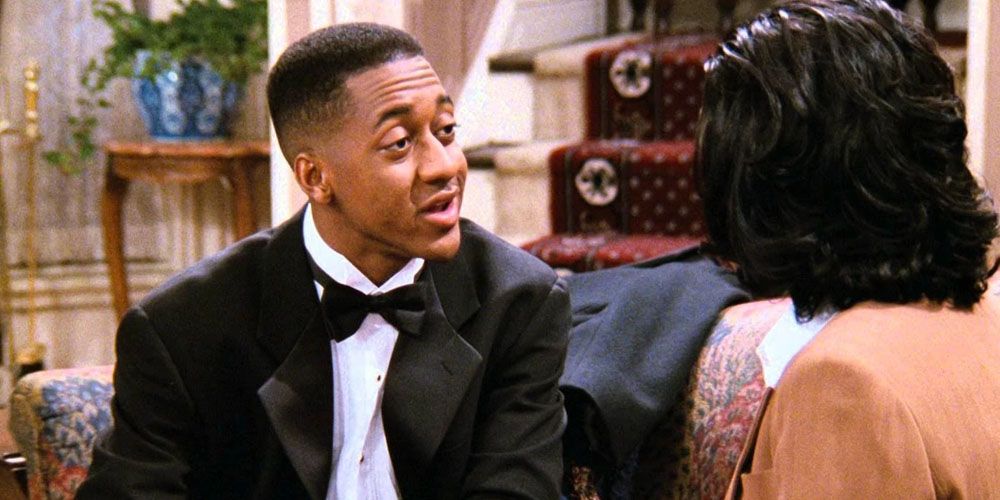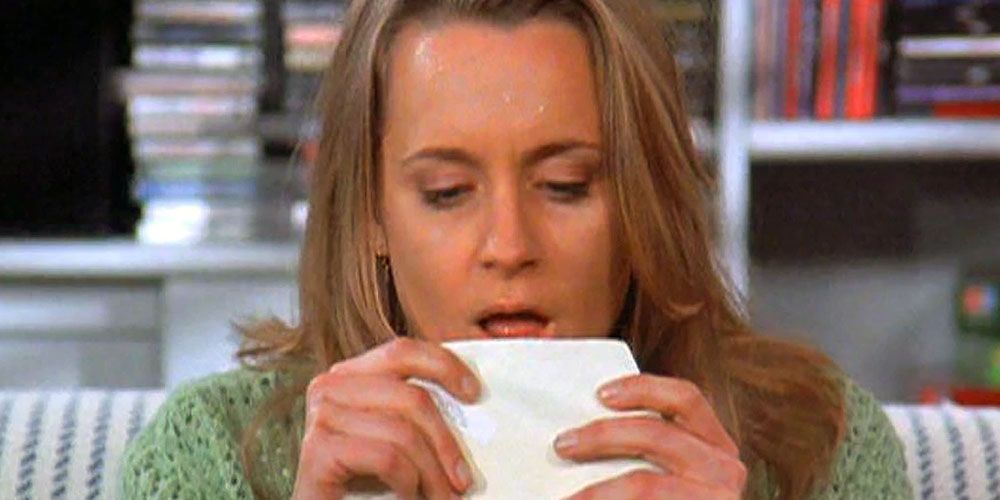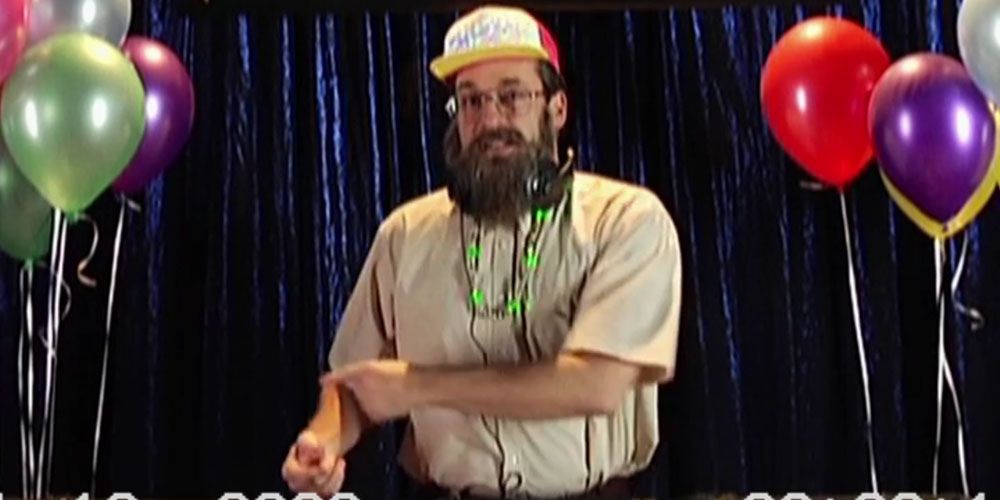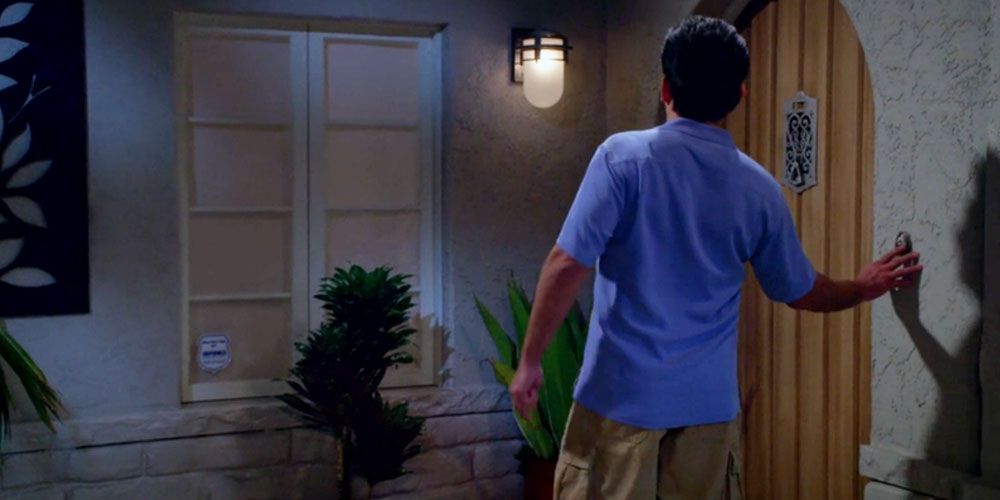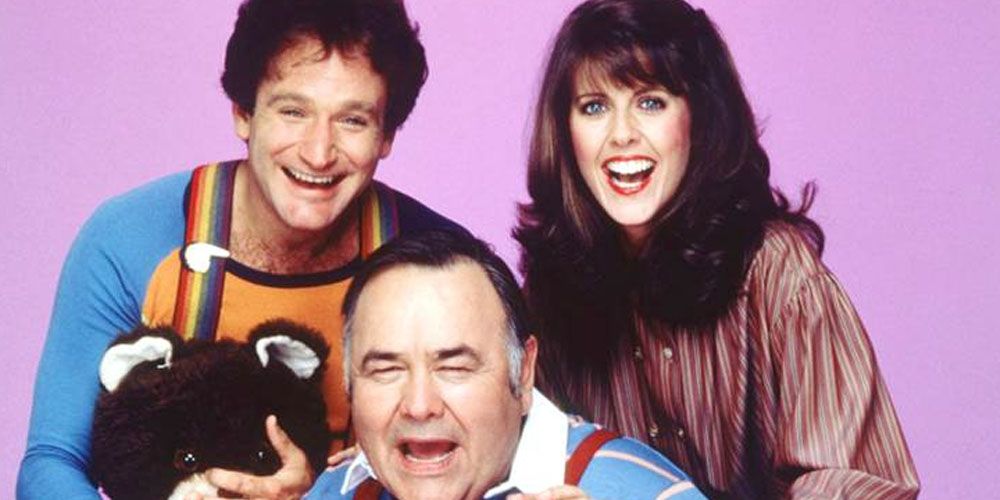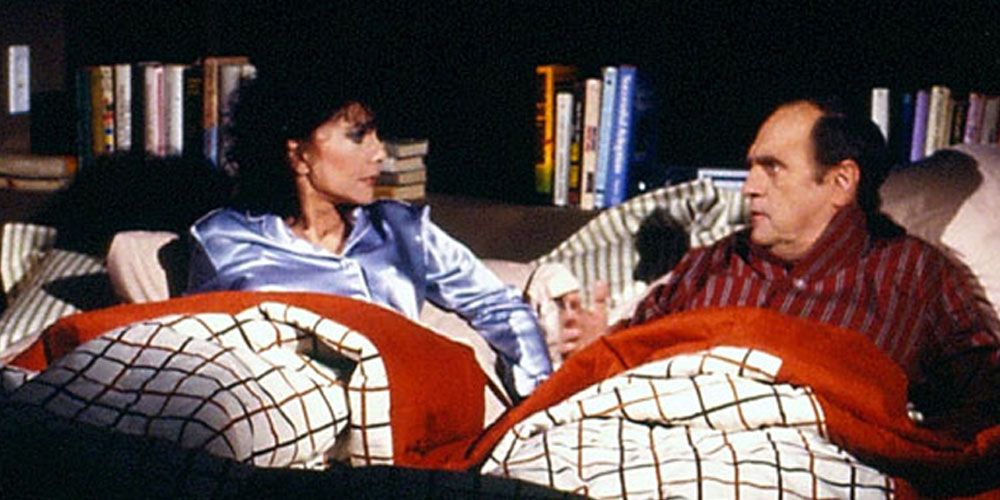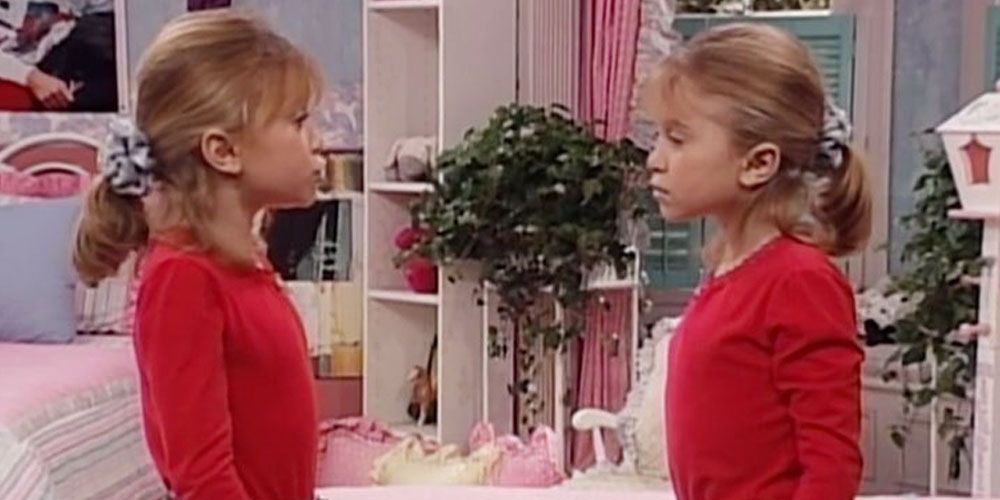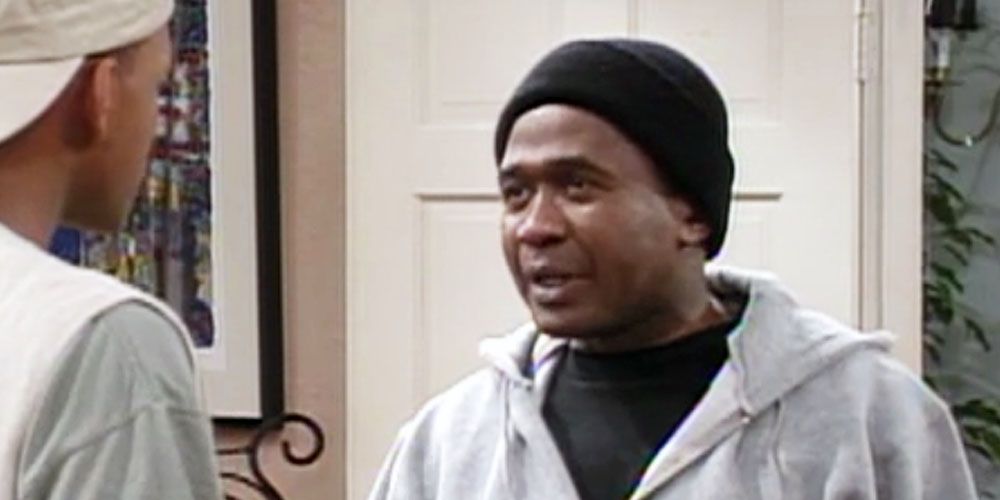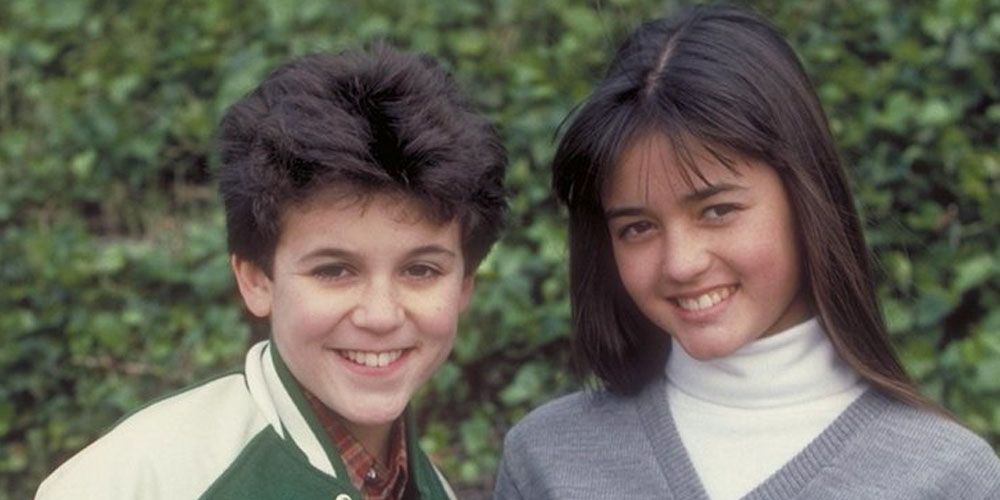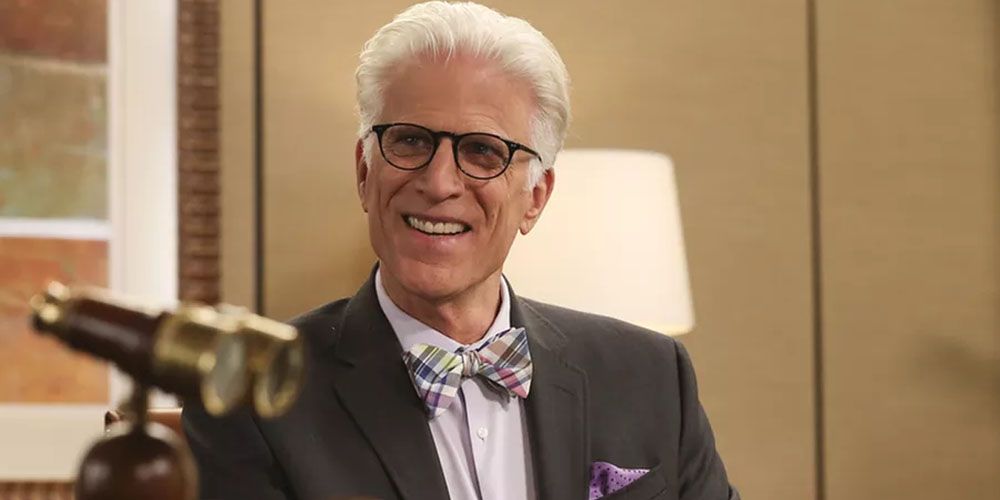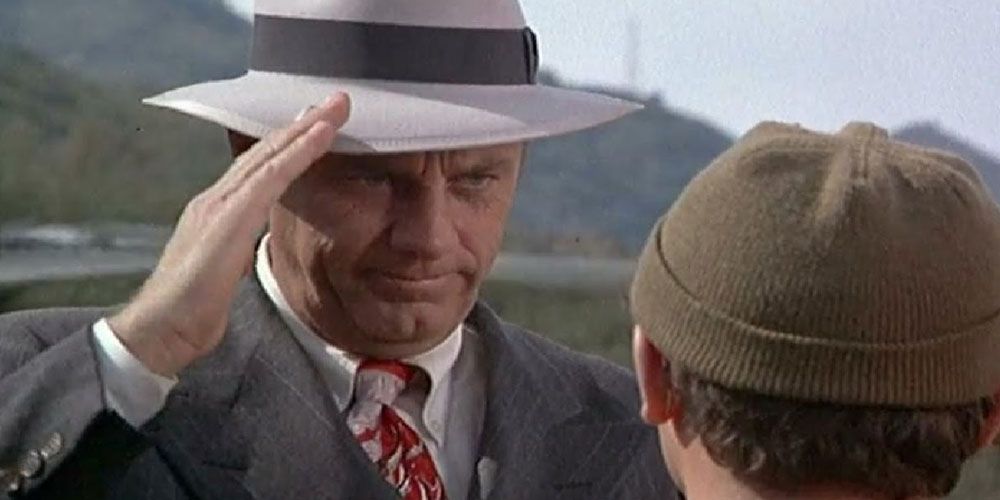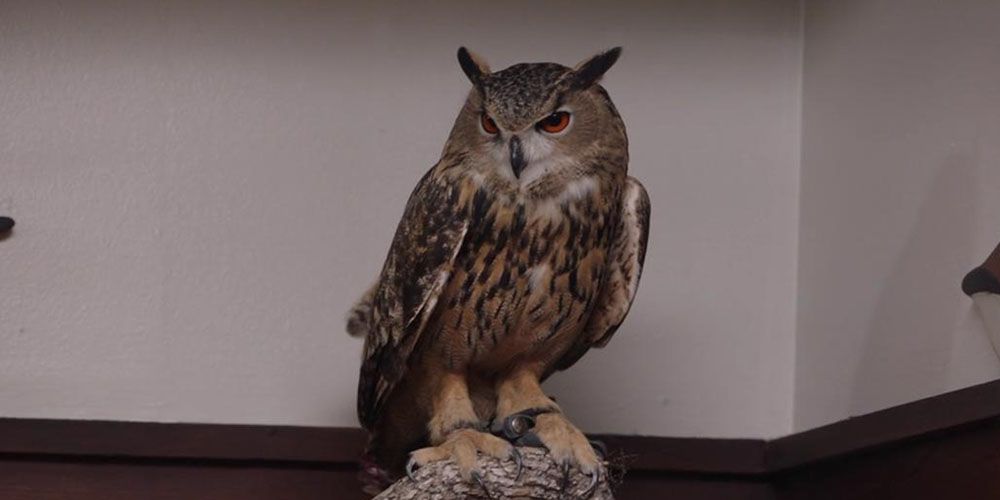Plot twists have been a major component of storytelling for as long as stories have existed. Any good story has a twist or two somewhere along the way, after all.
Nowadays, plot twists in television are especially associated with dramas, whether soap operas or serious primetime network or cable series.
Twists can come in the form of season ending cliffhangers or total subversions of expectation. They can answer questions or provide a whole slew of new ones in the viewers' minds.
However, surprisingly enough, plot twists aren't something that only dramatic series can muster up.
In fact, some of the most famous and most beloved sitcoms, ranging back to the very beginning of the television art form, have had quite the dramatic plot twists of their own.
Sometimes, these have to do with romantic relationships: a couple breaks up for good or reunites and rides off into the sunset together as a series draws to a close.
In other cases, a character is abruptly written out, introduced, or revealed to be someone else than viewers had expected. Sometimes, plot twists just make absolutely no sense at all, cheapening the worth of getting invested in any of these offending sitcoms at all.
We've rounded up a list of some of the most prominent plot twists in the history of sitcoms -- but whether these twists were for the better or worse of these series remains to be seen.
Here are the 12 Plot Twists That Hurt Iconic Sitcoms (And 8 That Saved Them).
Hurt: Leonard cheated on Penny (The Big Bang Theory)
For eleven years now, the story of Leonard and Penny's relationship has been one of the central components of The Big Bang Theory, regardless of whether that was a good idea.
In season nine, the longtime on again, off again polar opposites finally got married -- but the episode devoted to their marriage was marred by one particularly awful twist.
In a truly ugly moment, it was revealed that, years and years earlier, Leonard had cheated on Penny during a research trip.
It made no sense for the misgiving to have occurred at all, or for it to have been revealed during such a significant an episode.
Athough it was quickly brushed aside, it's a decision that has left a mark on the couple's lengthy legacy that is hard to overlook.
Hurt: Beverly Leslie is blown off a balcony to his demise (Will & Grace)
There aren't that many characters who can go toe to toe with a woman like Karen Walker and walk away unscathed.
Though he may be diminutive in stature and easy to underestimate, Beverly Leslie was the perfect foil to Karen's acerbic wit, snide and sharp and skilled at feigning class in all the same ways.
So when the original series of Will & Grace decided to write Beverly out of the series by abruptly having him blown off a balcony by a strong gust of wind, it may have been humorous in the moment, as yet another slight taken at his tiny size.
However, by removing Karen’s archnemesis from the equation, the series lost a key source of humor.
Thankfully, in the revival, the show righted its wrong by bringing him back to life.
Saved: Rachel got off the plane (Friends)
Grand, sweeping romantic gestures are a true hallmark of sitcoms. Sometimes, they fail horribly, polarizing fans, but in other cases, they feel totally in character, providing a lasting legacy for the series and creating instantly iconic scenes.
On Friends, the back and forth relationship between Ross and Rachel was one of the most crucial stories that the long iconic sitcom told.
However, it was never clear whether or not they would be allowed a happy ending.
In the series finale, Rachel takes it upon herself to make a grand gesture in the name of love, matching the many gestures that Ross had made in the past.
She chooses love over her promotion in Paris. "I got off the plane" is a line that brings fans to joyful tears even after all of these years.
Hurt: Fonzie jumps the shark (Happy Days)
It's not every day that a plot twist becomes so infamous that it is later used as a term for when shows go past the point of no return.
However, Happy Days can lay claim to being one of the first to have that misfortune occur.
Although there's no denying that the series went on for much longer than it should have, you could argue that the show should have ended the moment it decided to have resident daredevil with a heart of gold, Arthur "Fonzie" Fonzarelli, jump a shark on water skis.
There was no good reason for this to happen on a show like Happy Days, and no possible plot significance other than showing how edgy and cool the Fonz could be.
However, rather than do that, it just made the show as a whole seem entirely ridiculous.
Saved: Rosa and Jake are sent to prison (Brooklyn Nine Nine)
Brooklyn Nine-Nine has been known to push buttons on more than one occasion, with its biting but heartwarming social commentary and its willingness to embrace diverse characters of all forms.
However, at the end of the fourth season, the series embraced its most shocking plot to date, and one that could have irrevocably changed the series as we knew it.
At the end of season four, Jake Peralta and Rosa Diaz find themselves framed as corrupt cops who are part of a substance ring, and due to witness tampering and shady legal proceedings, they're sentenced to prison for crimes that they never committed.
The series fully commits to it, too, allowing viewers to wait the long hiatus between seasons four and five to see what happens, only to have Jake and Rosa behind bars for a few episodes to start the next season.
Hurt: Denise returns home with a surprise (The Cosby Show)
When adorable young characters age out of their adorable period and enter the awkward phase of pre-adolescence, it's fairly common for a series to introduce a new, younger, cuter replacement.
The Cosby Show was no exception to this rule. However, their method of trying to replace Rudy couldn't have been any less successful, thanks in large part to the overall plot it involved.
When the eternally flaky Denise returns home abruptly, we find out not only has she secretly gotten married, but that her new surprise husband, military man Martin, also has a young daughter, Olivia, played by the rising star Raven Symone.
Olivia could never compare to Rudy's effortless cuteness, and Martin and Denise never felt believable as a couple.
The family unit as a whole never added much to the series, no matter how long they overstayed their welcome.
Saved: Frasier chooses love over his career (Frasier)
For eleven seasons, Frasier Crane was unlucky in love. Though he had a few short-lived relationships, Frasier's lack of success in the romance department was a key feature of the series, after Cheers chronicled the ups and downs of his relationship with later ex-wife Lilith.
It was a central conceit of his character: the man who could solve everyone else's problems was never able to solve his own.
So when the series ended by having Frasier subvert all audience expectations, it was a moment that showed true growth for the character.
Rather than pursue a guaranteed and lucrative career in San Francisco, Frasier chooses instead to follow his most recent girlfriend, Charlotte, to Chicago, going out on a limb for love rather than pursuing what he knows is a safe and successful choice.
Hurt: Stefan Urquelle (Family Matters)
From the very beginning of Family Matters, Steve Urkel was in love with Laura Winslow. It was the main narrative of his character, all scientific experiments and neighborly mischief aside.
Just as crucial to the story of their relationship was Laura's unwillingness to return his feelings... until it was almost too late and he was with someone else.
However, along the way, the series seemed to lose sight of the core relationship by creating -- through the bizarre science that the show did so well -- Stefan Urquelle, Steve's cool alter ego clone also played by Jaleel White.
The character was charming, suave, and romantic -- everything Laura didn't think that Steve could be.
At the end of the day, he just wasn't Steve, wasn't worth getting invested in, and wasn't worth all the time that Laura -- and the show -- spent on him.
Saved: Susan and the envelopes (Seinfeld)
Few characters have so totally hurt a sitcom in the way that Susan did during her overly extended tenure on Seinfeld.
Somehow declared a suitable long term love interest for the ultimate loser, George Costanza, Susan was a dry, boring, stuffy character whose tone never matched the sardonic humor of the central gang.
Somehow, George and Susan wound up engaged, an engagement that seemed to stretch on forever and ever and ever... until the fateful decision George made to buy the cheapest wedding invitation envelopes possible.
These were wedding envelopes that would, as it turned out, lead to the sudden demise of Susan herself, as the adhesive was toxic and she had licked each envelope sealed.
It was a bizarre way to write a character out, for sure, but it allowed the series to course correct quite effectively.
Hurt: Making a Murderer parody episode (Unbreakable Kimmy Schmidt)
Since its premiere, Unbreakable Kimmy Schmidt has been masterful in its command of absurd humor.
From the beginning, the series has made light of cults, political correctness, millennials, and countless other hot button issues.
However, season four devoted an entire episode to a parody of another Netflix property that took things just a little too far.
In the episode "Party Monster: Scratching the Surface", the series perfectly parodies Making a Murderer, as a supporting character undertakes a documentary to prove the innocence of the cult leading criminal, Reverend Richard Wayne Gary Wayne.
It's not exactly out of the show's tone to do something this bizarre -- and, frankly, disturbing -- but spending an entire episode on this tasteless justification of the Reverend's behavior, as well as demonizing Kimmy herself, really did just feel like a waste of time -- especially since series stars Kimmy and Titus were barely in the episode at all.
Saved: Charlie has a piano dropped on him (Two and a Half Men)
Charlie Sheen's fall from success was a very public issue in the early 2010s, particularly as his sitcom, Two and a Half Men, had long been one of the most successful on television.
How the series would handle his departure was a much-speculated issue, with Ashton Kutcher ultimately being brought in to replace him.
However, it wasn't until the series finale itself that the show got to say farewell to Charlie for good -- with a bit of shade thrown in along the way.
The series ends with a glimpse of Charlie (although not played by Sheen) approaching the Harper household. However, before he can reach the door, a piano suddenly and unceremoniously crushes him to his presumable demise.
Was it a petty way to end the series? Sure, but did it keep people talking about the show for a long time to come? You bet.
Hurt: Mork and Mindy's child is Jonathan Winters (Mork & Mindy)
By the time it reached its fourth and ultimately final season, Mork & Mindy was having a hard time staying relevant and viewership numbers were plummeting.
The zany series had been a hit right out of the gate thanks to Robin Williams' out of this world energy and humor.
However, over time, stories became paper thin and humorous situations gradually became more forced the more familiar Mork became with the human world.
When the fourth season rolled around, Mork and Mindy were a couple, and soon gave birth -- in Orkan fashion -- to a child of their own.
However, that child was a fully-grown man, played by acerbic comedian Jonathan Winters, a personal friend and idol to Williams.
Nothing about the situation worked, no matter their behind the scenes rapport.
Thus the series reached its unintended end sooner than anyone would have originally expected.
Saved: It was all a dream - and part of The Bob Newhart Show (Newhart)
The sitcom Newhart aired for eight seasons and 184 episodes between 1982 and 1990. The series was always a ratings hit and starred the winning combo of unlikely leading man Bob Newhart and a stellar cast of supporting characters played by the likes of Tom Poston and Peter Scolari.
The series followed the quirky lives of the Loudons as they ran the Stratford Inn in Vermont and dealt with all the zany locals who inhabitted the town.
However, in one of the most shocking series finale twists ever, the show revealed that not only had it all been a dream, but it had been the dream of Dr. Bob Hartley -- Newhart's character on the previous long-running The Bob Newhart Show.
The Newhart series finale ends with Bob waking up in bed beside his wife, Emily, and remarking that she should wear more sweaters -- just as Joanna Loudon did in the Newhart series of his dreams.
Hurt: Michelle's amnesia (Full House)
Nothing says heartwarming series finale like having one of your youngest family members come down with amnesia.
That, somehow, was the logic used by Full House in its series finale, as Michelle falls off a horse and forgets everything about the extended Tanner family and who they are to her.
It produces some genuinely affecting moments, along with some tears, and the final moment of the series is truly a touching family scene.
However, the overall ridiculous nature of the episode is just too much to ignore. This plot twist sort of tarnishes the series in some ways.
Full House always led with its heart, more than its head. However, for the final episode, maybe they should've thought a little harder, too.
Saved: Will's father returns (The Fresh Prince of Bel-Air)
At the heart of the premise of The Fresh Prince of Bel-Air lingered a key question: where is Will's father in all of this?
The show gradually revealed more and more info about the absent Lou Smith -- that he had run out on Vy and Will when Will was just a toddler -- but it's not until the show-changing season four episode "Papa's Got A Brand New Excuse" that Lou, masterfully played by Ben Vereen, appears.
In this episode, viewers finally get to see Lou for all he is -- a charming con artist who refuses to take responsibility for anything.
Viewers finally get to see Will close off that chapter of his life, including some of Smith's finest acting when he tearfully asks Uncle Phil "How come he don't want me, man?" in one of the series' most iconic and powerful scenes.
Hurt: Kevin and Winnie don't end up together (The Wonder Years)
It's rare that a first love will turn into a forever love, but in the world of television, that saccharine story is especially common in coming of age tales.
On The Wonder Years, series lead Kevin Arnold spent his childhood and formative years madly in love with Winnie Cooper, the All American girl next door.
Their love story was what drew viewers into the series, along with the family dynamics, and though they had their ups and downs, viewers could rest assured in knowing that they would find their way to one another.
However, although Kevin and Winnie did spend some time together, the series ends with the reveal that they weren't going live happily ever after. Instead, they were each other's young loves, and that was that.
Although truer to life than most sitcoms are willing to get, there's still a part of it that feels unsatisfying.
Sitcoms aren't reality, after all.
Saved: It's The Bad Place (The Good Place)
For almost the entire first season of the hit NBC series The Good Place, Eleanor Shellstrop thinks she has been mistakenly sent to the part of the afterlife known as The Good Place -- where good people from all walks of life are sent to be rewarded.
The series chronicles Eleanor's adventures along with characters such as Chidi and Jason, as well as Michael, their ostensible leader.
But as Eleanor and company realize in the first season's mind-blowing finale, The Good Place was never The Good place at all. R
ather, they've been in The Bad Place all along, disguised as a fake Good Place by the true villain -- the demonic Michael.
Of course, once the truth is out, Michael finds a way to reset things as soon as he is able, but that does nothing to change how amazingly well-orchestrated this plot reveal was.
Hurt: Henry Blake's plane is shot down (M*A*S*H)
For the first three seasons of M*A*S*H, Lt. Colonel Henry Blake was a kindhearted, goofy, adorable voice of reason and friend to all of his fellow soldiers.
He had an especially close bond with the young Radar, serving as his quasi father in many ways.
When it came time for Blake's discharge at the end of the third season, everyone was sad to see him go, but it was a bittersweet moment all around -- he would return to his family, including a wife and three young children.
However, as a series set in war, M*A*S*H quickly made it apparent that nothing would ever come easily to any of its main characters.
It was tragically revealed that Blake's plane was shot down over sea and that he had perished in the fall.
Hurt: The story was always about winning Robin back (How I Met Your Mother)
Grand romantic gestures are one of the things that sitcoms really do best. As they're often the television equivalent of romantic comedies, it's not ever a surprise when two characters proclaim their love for one another in over the top, heartwarming ways.
What was a surprise, however, was the decision to reveal that How I Met Your Mother could really have been named How I Really Want to Get Back Together with Your Aunt Robin.
The relationship between Ted Mosby and Robin Scherbatsky was always a bit of a hot button issue for fans of the series -- some were passionately for it, while others passionately opposed -- and so the bait and switch reveal at the end of the series tarnished the show as a whole for many, many viewers.
Saved: The assassin was an owl (Trial & Error)
The success of Trial & Error may have been slower than some of the other series on this list, but the pitch perfect crime documentary parody has seen a sudden surge in popularity as of late.
As it is inspired by the story of the now viral hit crime drama The Staircase, eager viewers have been flocking to the John Lithgow-led series to get the next fix in their crime binge.
For the first season, viewers are forced to wonder whether Lithgow’s Larry Henderson, a mild-mannered albeit oblivious poetry professor, could be responsible for the demise of his wife, Margaret.
Countless pieces of evidence prove so incriminating that Larry is found guilty and sent to prison.
However, in a truly shocking twist, it’s revealed that not only was Larry innocent, but that the perpetrator was, in fact, an owl who flew into their home and attacked Margaret.
---
What major plot twists do you think have or haven't worked for your favorite sitcoms? Sound off in the comments!

